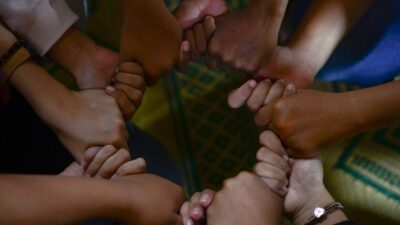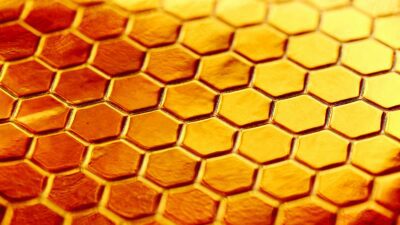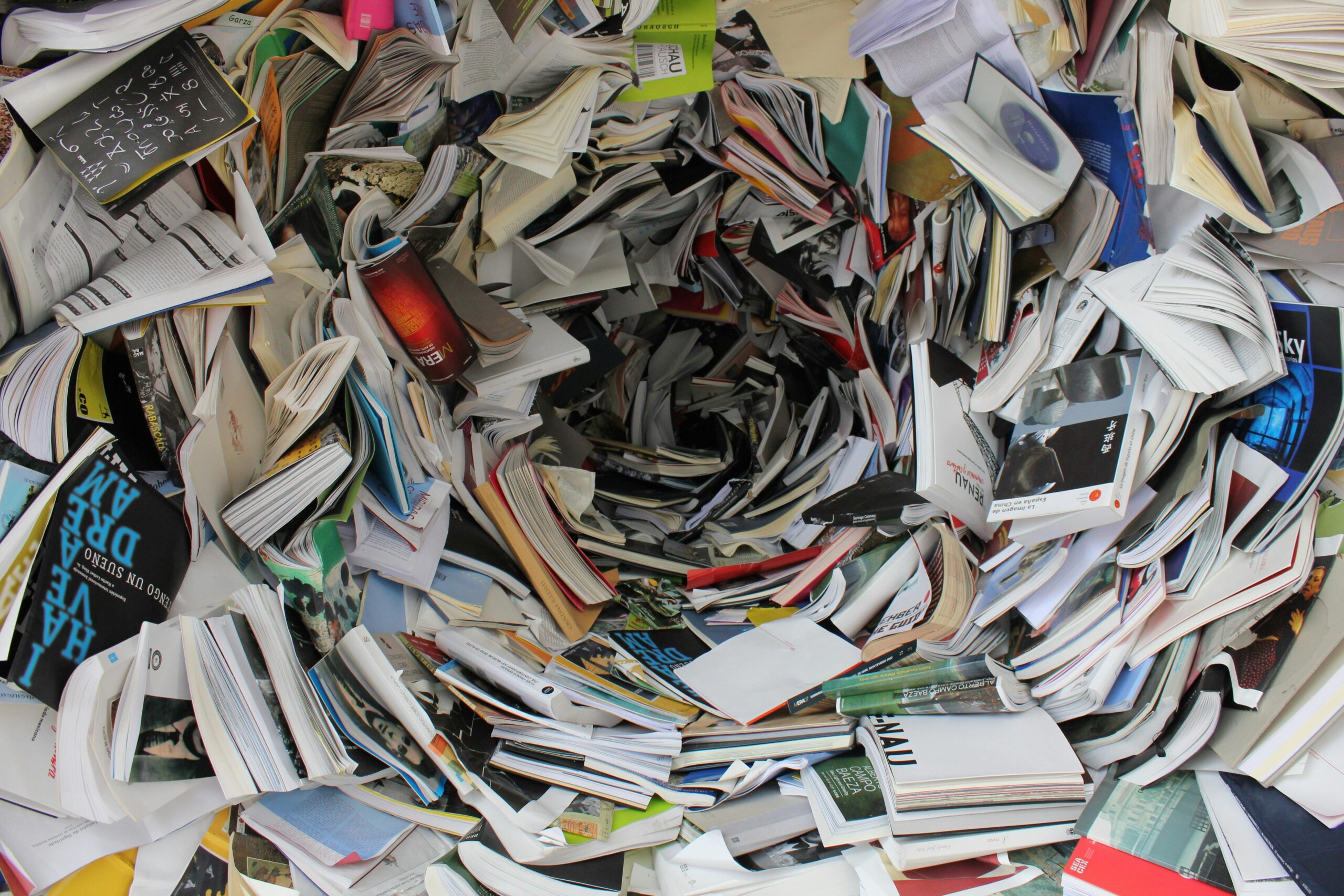
SDGs by 2030 – are we on track?
Transcendent not transactional: igniting global change one student at a time
Playful learning, action learning experiments, students as partners, feedback hugs – these are some of teaching techniques I practice in my classroom.
Unfortunately, higher education has become very transactional. Students hand over the money, attend classes when they must and navigate assessment tasks in order to be presented with a degree, whereupon they exit the institution, happy to leave.
To meet target 4.4 within the education-focused SDG by 2030 we must aim for transformational learning, conferring students not just with degrees but with the mindset and skills to enact global change, activating a contagious passion for lifelong learning.
I teach organisational communication, leadership and management. I disagree when communication and leadership are labelled ‘soft’ skills. They are core skills – tough to master, yet crucial for success. I tell my students that even if you create something Nobel Laureate-worthy, it’s lost for you and humanity if you can’t communicate it effectively.
To be transformative, classrooms need to be unconventional. Students are my teaching partners, and we employ a range of ‘playful learning’ techniques: student-run upskill festivals and mock strategy sessions, TEDx style competitions, celebrations of our fellow champions and responsible use of Generative AI. In learning by playing, doing, and teaching, they also support each other with weekly appreciative and developmental peer feedback -the ‘feedback hugs’ approach that won the Inaugural SRES Award.
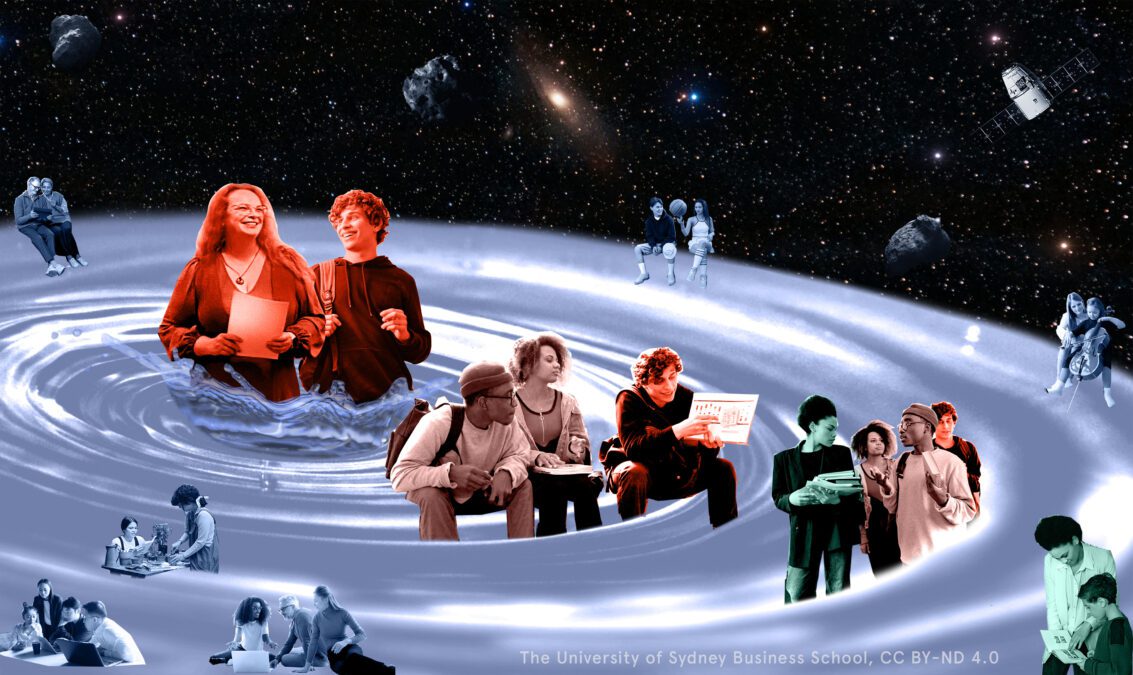
A growing body of higher education research shows these pedagogical practices tap into intrinsic motivation, creating psychological safety and ‘magic circles’ (Whitton, 2022). Failure is not dreaded nor condemned, but a ‘friend’ offering vital feedback, encouraging exploration while building self-awareness and resilience.
My students learn to observe their peers with the intention of helping them succeed. Using trial and error, backed by self-reflection on feedback, they learn what to say and how to express it in order to help others flourish. Those students who have received the most appreciation from their peers are celebrated as class ‘influencers’.
When content can be consumed online, it’s the human connection that is most important in the age of AI. Transformational teaching is not just about transferring knowledge. It’s co-creating education while developing core skills in effective communication and uplifting others. The greatest gift we can confer as educators is to motivate these future agents of positive change to maintain their curiosity and extend their reach (hugs?) as far as they can, for as long as they can. This is our legacy.
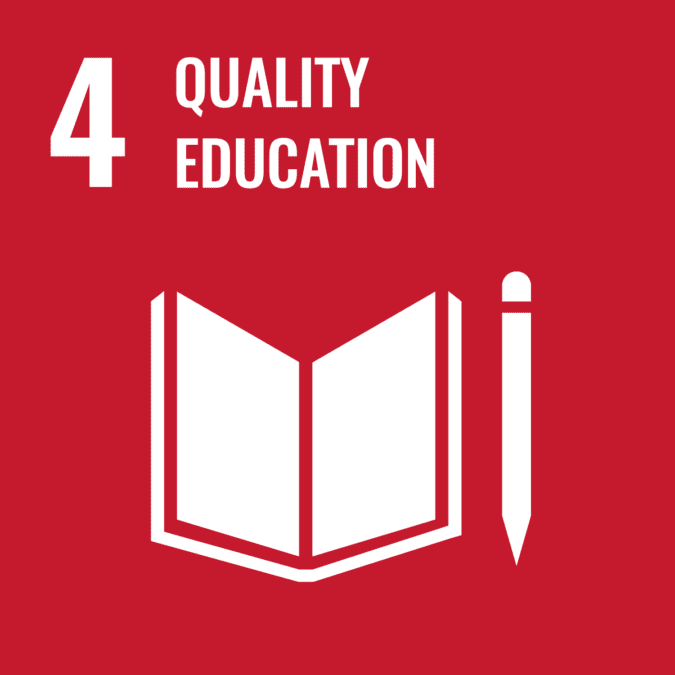
Sustainable Development Goal (SDG) target addressed:
Target 4.4 By 2030, substantially increase the number of youth and adults who have relevant skills, including technical and vocational skills, for employment, decent jobs and entrepreneurship
Resources
An ice-breaker: an action learning experiment for students
Action! One drop at a time: making your world a kinder place with feedback hugs.
Using the power of action learning experiments we will discuss the concept of feedback.
Concept to put in practice: Appreciative feedback.
Your mission, should you choose to accept it: Is there anyone among us who likes to be appreciated and acknowledged for something they have done well? Is there anyone who thinks such appreciation and acknowledgement should happen naturally, without prompting? Is there anyone who thinks they receive such feedback in abundance? For many of us the answers will be “Yeeees, Yes! And No.”
Today, I am inviting you to invest 1-5 minutes to become a positive force of nature yourself and make someone’s day better. Think of someone who helped you and who plays, or played, a significant role in your life. Maybe you have already expressed your gratitude – or maybe not. Consider why we would express words of appreciation to our family members, girlfriends, or boyfriends? Isn’t our commitment to them a representation of us saying that we love them? Not at all! So, right now, I am challenging you to send a brief message of appreciation to someone who deserves it – and I am encouraging you to blame it on me😊 This is in case it’s not your regular behaviour, they won’t think you have messed something up and are trying to “play nice” in order to apologise. Here’s an example of how you can start: “Hi, I am at Uni now and we are talking about how rarely we share true words of appreciation with people who have positive impact on our lives. And I thought how you [mention their kindness]. I hope you know how grateful I am for that. Thank you, it helped me to [mention a specific impact], I appreciate it a lot!”. Feel free to use your own words to frame your appreciative feedback – the only rule is that your words of appreciation must be genuine and sound like the authentic you.
Sent? Now put your phone away. Please do not expect your person to come back to you, especially not immediately. This exercise is not for yourself – it’s your gift to your person.
At the end of the class, we will debrief our experience of this exercise and the impact it had on us.
Resources for the exercise:
Articles
- Ishkova, M., Loh, V., White, G., Lawton, O., Tyson, J., Fung, H., & Askovic, M (2021) To Flip or not to Flip? Reflecting on PALPable outcomes of flipping the classroom during the pandemic. Journal of Perspectives in Applied Academic Practice
- Supiano, B. (2023) This University Found a Way to Make Huge Classes Feel Small. Could It Work for You?. Chronicles of Higher Education
- Frawley, J. (2023) Make students part(ners) of your teaching. Teaching@Sydney
- Frawley, J. (2023) “I am not a customer“. Teaching@Sydney
- Whitton, N. (2022). A Manifesto for Playful Learning. In: Play and Learning in Adulthood. Palgrave Macmillan, Cham.
Podcasts and videos
- Quitch: Remote learning with Maria Ishkova and students Michelle, Christopher and Carol
- Beyond engagement: Students as co-creators of learning experience that assures the development of Graduate Qualities
- Student Relationship Engagement System: Fostering stronger student-student relationships (and developing GQ “Influence”) during the pandemic
- Preparing students for the new normal using flipped classrooms, authentic challenges & student voice
Dr Maria Ishkova is an education-focused Lecturer in the Discipline of Work and Organisational Studies at the University of Sydney Business School.
Share
We believe in open and honest access to knowledge. We use a Creative Commons Attribution NoDerivatives licence for our articles and podcasts, so you can republish them for free, online or in print.
